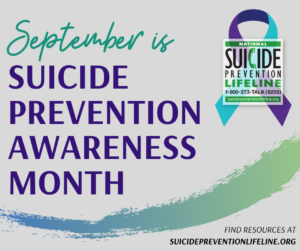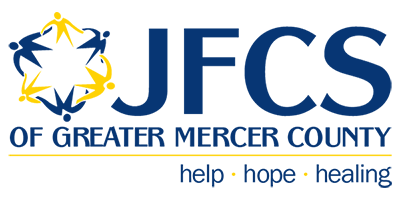 Suicide is a major public health concern. According to the American Foundation for Suicide Prevention, there were 48,344 people who died by suicide in the United States in 2018 and 1.4 million suicide attempts.
Suicide is a major public health concern. According to the American Foundation for Suicide Prevention, there were 48,344 people who died by suicide in the United States in 2018 and 1.4 million suicide attempts.
Feeling suicidal is not a character defect, and it does not mean that you are weak, or flawed. It means you are experiencing an overwhelming amount of pain than you cannot manage at this time. When you get the right support and begin to talk about your feelings, you can overcome your problems and the pain and suicidal feelings will pass. Emotions are not fixed – they are constantly changing. How you feel today may not be the same as how you felt yesterday or how you’ll feel tomorrow or next week.
The best way to prevent suicide is to recognize the warning signs:
Someone at risk for suicide may exhibit or express emotional signs…
- Empty, hopeless, trapped, or having no reason to live
- Extremely sad, more anxious, agitated, or full of rage
- Unbearable emotional or physical pain
There are also changes in behavior that may indicate someone is at risk for suicide…
- Make a plan or research ways to die
- Talk about feeling helpless or having no reason to live; “I am better off dead,” or “I wish I was never born.”
- Withdraw from friends, say good bye, give away important items, or make a will
- Take dangerous risks such as driving extremely fast
- Display extreme mood swings
- Eating or sleeping more or less
- Using drugs or alcohol more often
- Recent trauma or life crisis
If someone says they are suicidal, or behaves in a way that makes you think the person may be suicidal, don’t play it down or ignore the situation. Many people who die by suicide have expressed the intention at some point. You may worry that you’re overreacting, but the safety of your friend or loved one is most important.
How to get help: seek out a trained professional as quickly as possible.
24/7 Resources


